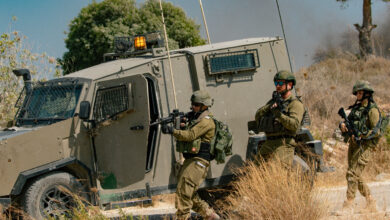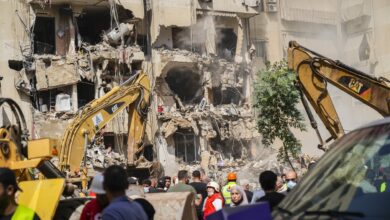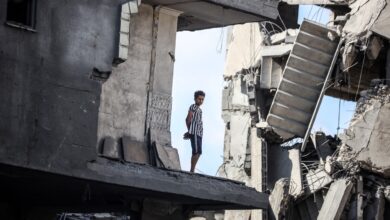Ivory Coast will send 450 troops to the Central African Republic to serve as peacekeepers in one of the United Nations’ most demanding missions, the foreign minister said Thursday.
The announcement from Ivorian Foreign Minister Marcel Amon-Tanoh came after Gabon last month announced that it was pulling out its 450-strong contingent from the Minusca mission following allegations of sexual abuse and other misconduct by its troops.
“Ivory Coast will soon send a contingent of 450 soldiers,” Amon-Tanoh told reporters at U.N. headquarters.
The U.N. is also seeking 900 extra troops to bolster Minusca, which the Security Council authorized in November amid fears that the country was sliding toward further violence.
According to a February report to the U.N. Security Council, Minusca had deployed 10,665 military personnel, 90 percent of the total authorized strength of 11,650, as well as 2,044 police and 1,390 civilian personnel.
At a high-level U.N. meeting about CAR on Monday, President Faustin-Archange Touadera said he wants the U.N.’s Minusca mission to transition from peacekeeping to peace enforcement and to “accelerate” the disarmament of members of armed groups, as ex-Seleka militias regrouped in the northeast of the country and threatened to march on the capital, saying a military operation there had singled-out Muslims.
The Popular Front for the Rebirth of Central Africa (FPRC) threat followed Operation Sukula, in which at least 18 people including a U.N. peacekeeper were killed and more than 100 injured in clashes in the mainly Muslim PK5 district of the capital. Sukula was described as a joint U.N.-Central African forces operation against armed groups. According to the Central African Red Cross, as many as 32 people died and 145 were wounded.
There have been a number of other deadly clashes between peacekeepers and militia in Central African Republic in recent weeks.
On April 23, four people were killed in clashes between U.N. peacekeepers and an armed group in southwest CAR, an area spared much of the violence that has ravaged the country since 2013
On April 2, one U.N. peacekeeper from Mauritania was killed and 11 others were wounded and more than 22 anti-balaka fighters were killed when a temporary U.N. base in Tagbara came under heavy militia attack.
Central African Republic has been struggling since it spiralled into bloodshed after the 2013 overthrow of longtime leader Francois Bozize.
Touadera’s weak government now only controls around a fifth of the country and relies heavily on Minusca for support. The rest is controlled by at least 14 different militia groups who often fight each other for control of revenue from extortion, roadblocks or mineral resources.
Central African Republic: Ex-Seleka militias regroup as president urges shift in UN posture
With reporting from AFP












